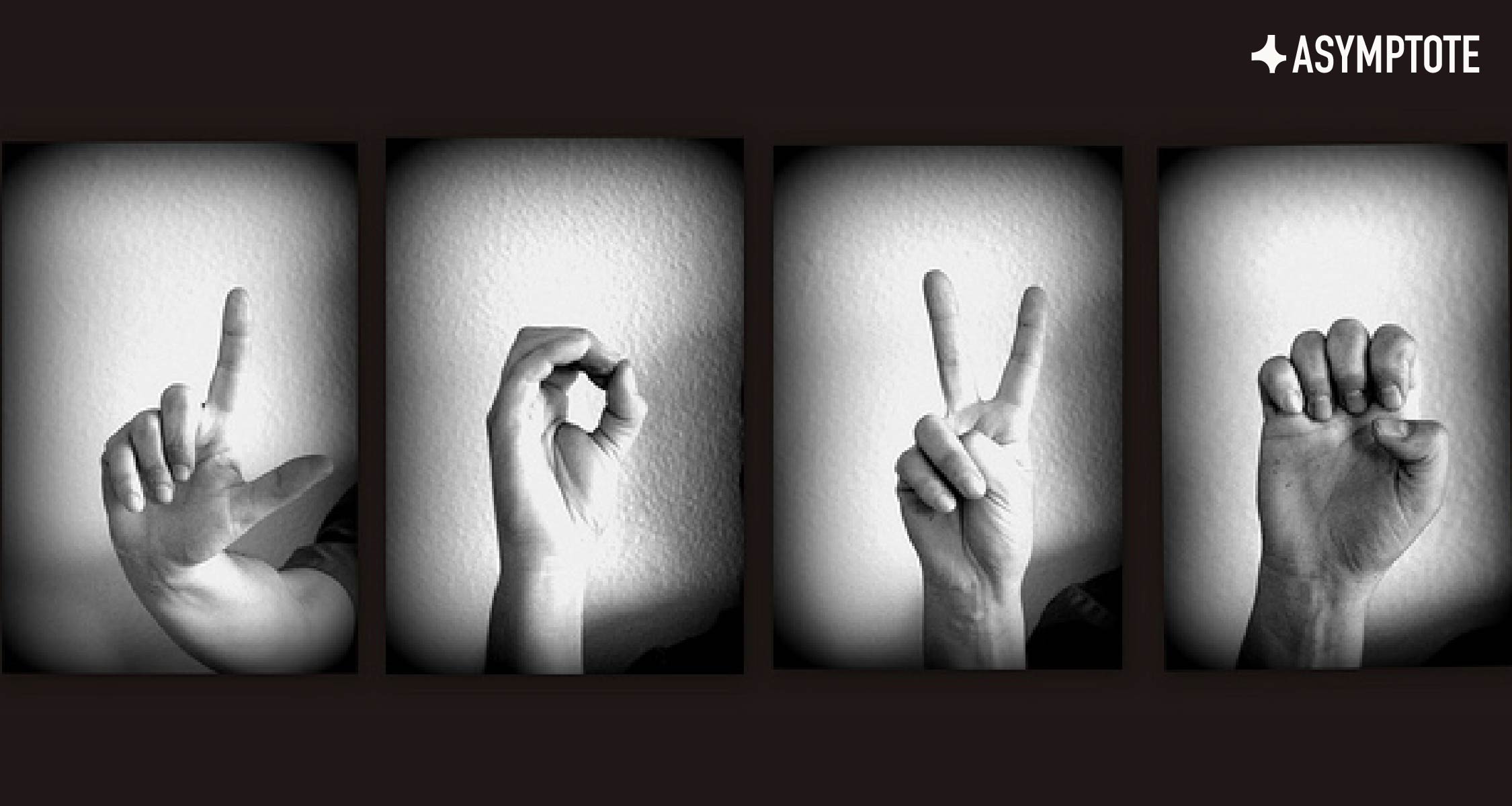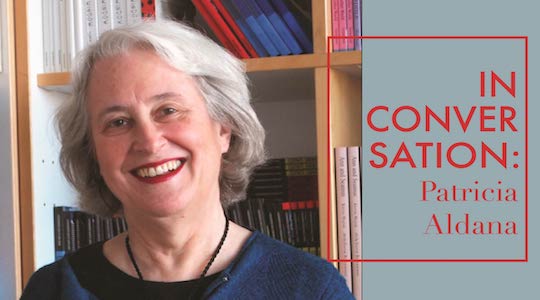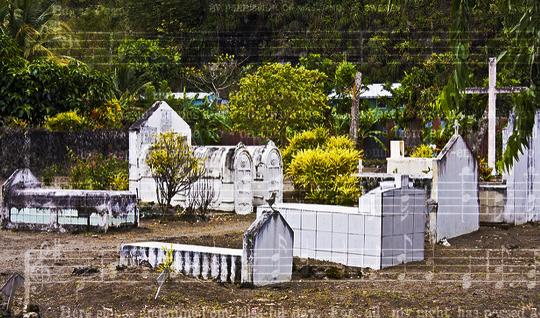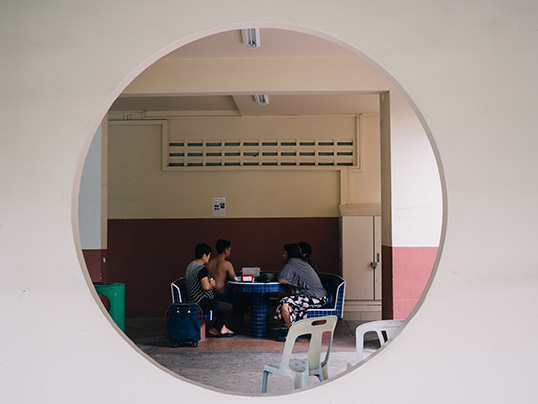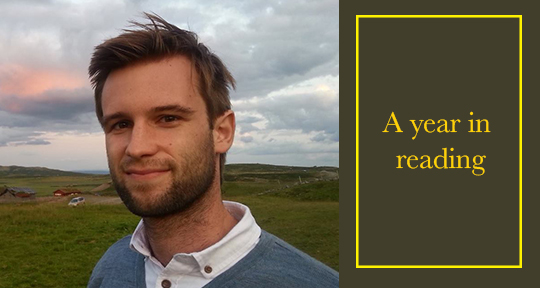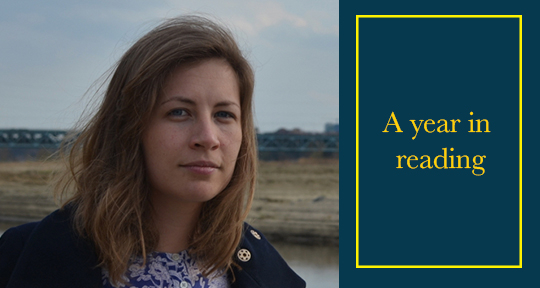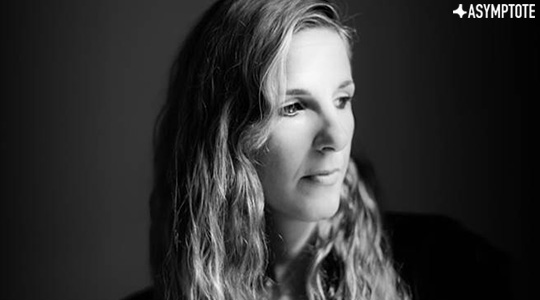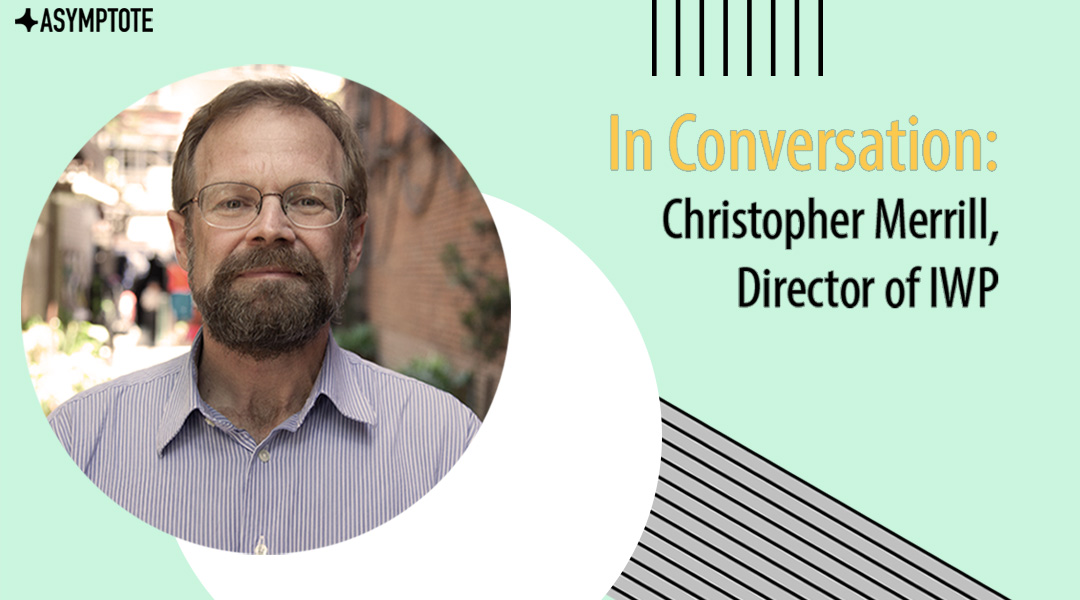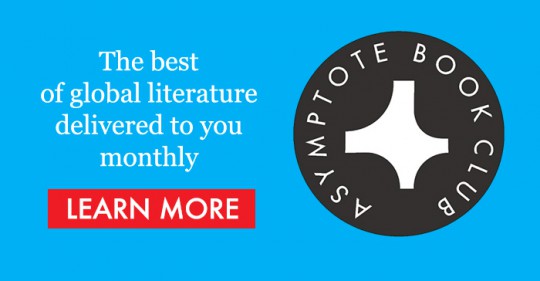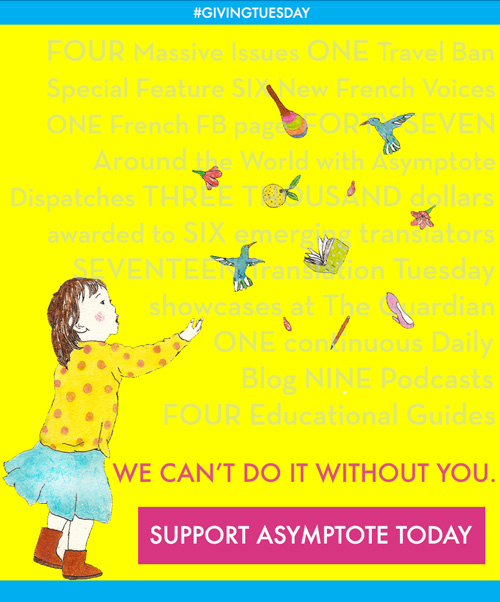The 2018 Oscars may be over, but the awards season for the literary world has barely begun, with the Man Booker International Prize receiving the most international attention. In the world of translated fiction, the Man Booker International holds a prestige similar to the Oscars, which explains the pomp and excitement surrounding the announcement of this year’s longlist, made public March 12. The longlist includes thirteen books from ten countries in eight languages, from Argentina to Taiwan.
The MBI used to be a career-prize akin to the Nobel, awarded to a non-British author for his or her entire body of work every two years. Since its merger with the Independent Foreign Fiction Prize its format has changed. Now the Prize seeks to honor the author and translator of the best book (“in the opinion of the judges”) translated into English and published in the UK for the eligible period. For 2018, all eligible submission were novels or short story collections published between May 1, 2017 and April 30, 2018. Much like its sister prize (known simply as the Man Booker Prize), the winner of the MBI tends to garner much attention and sees a boom in book sales. Its history accounts for its prestige, but just as importantly, the MBI is one of the few prizes out there that splits the monetary value of its prize between the writer and translator.
Part of the MBI’s unofficial mission is to raise the profile of translated fiction and translators in the English-speaking world and provide a fair snapshot of world literature. What does this year’s longlist tell us about the MBI’s ability to achieve that goal? Progress has been made from past years, especially with regard to gender equality: six of the thirteen nominated authors and seven of the fifteen translators are women. Unfortunately, issues arise when taking into account the linguistic and regional diversity of the prize not only this year, but with previous lists as well. For 2018, only four of the thirteen books come from non-European authors, with no titles from North and Central America or Africa. This is an issue that plagued the IFFP before it merged with the MBI and marks even the Nobel Prize for literature, as detailed by Sam Carter in his essay “The Nobel’s Faulty Compass.”


